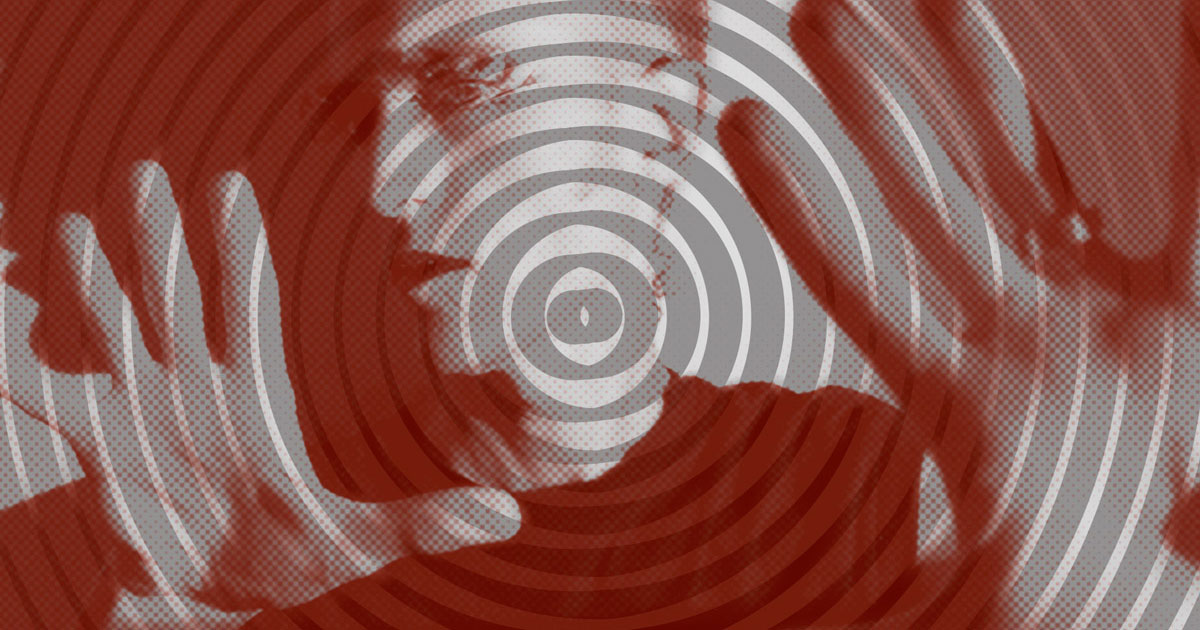Put Your Raygun to my Head
Life in the shadow of David Bowie
Jan 14th 2016
Bowie. In my life, few names loom so large. Lynch, Poe, Kafka, Jorge Luis Borges. Among musicians: Joy Division, Iggy Pop, Lou Reed, the Rolling Stones – to a degree, Bowie was my entrance point to all of them.
At age twelve I saw the concert film Ziggy Stardust and the Spiders from Mars (my dad, keen to ween me off Bon Jovi and Poison, brought it home on VHS) and my mind was blown. I struggle now to imagine what life was like before it. Certainly in the Adelaide Hills there were precious few creatures like Ziggy, though in the year or so preceding my Ziggy-discovery I’d seen all manner of Ziggy descendants preening and posing in music videos (New Romanticism, in 1985/6, was not quite over). None of which – it goes without saying, for all that they might have been outcast freaks at my high school – could touch Bowie for sheer balls or shock value, not to mention musicality. But, just maybe, they did good work in preparing me to accept and love their forefather. And through Bowie I came to almost everything, it seems, that would come to define my own style. Sure, the Cure cracking the charts helped, and the Jesus and Mary Chain, and the legacy of the Sex Pistols, but would any of them have existed without Bowie?
In 1973 – the year I was born – from all reports, in England Ziggy Stardust was the rock event of the year, if not the decade. Seeing “Starman” on Top of the Pops, said Echo and the Bunnymen’s Ian McCulloch, made him feel spiritual for the first time in his life. If I’d lived through that – if I’d been old enough to have seen and comprehended it as it unfolded – how might it have changed me?
For me, born in ’73, life was always in the shadow of Bowie. Or, less dramatically, Bowie’s shadow walked among us. Somewhere, there was Bowie. And Bowie – more than Iggy or Lou, more even than the Stones maybe – had left his watermark everywhere. But – and this is why I can’t be too sad at his passing – the period of his greatest relevance, his greatest impact, was over. From the viewpoint of the late eighties or early nineties, Ziggy seemed hopelessly exotic – a relic, like the pyramids, never to be forgotten, yet (maybe) never understood or repeated. It’s why, I think, Nirvana’s treatment of “The Man Who Sold the World” was so keening. Kurt Cobain, a would-be Ziggy in a logging town where “Ziggy” equaled “faggy”, never embraced his inner androgyne. By 1990 in the USA, “punk” had come irrevocably to mean macho, brutal, at the very least ugly. It’s why Kurt championed Riot Grrrl, the Raincoats, Hole; why he wore a dress to the Headbanger’s Ball and tongue-kissed Krist Noveselic on MTV – because this was war, a war Bowie might seem to have already won.
What dies with Bowie? War stories. Someone who might have told us what was won, and what still must be won, if the gender freedom (not to mention artistic freedom) that he championed is ever to go overground. I’d like to have met Bowie, to have asked him all about it. I’m scared, I think, of a world without him. Without that benign, transgressive, wise heart among our elders, what grey fate awaits us? Without the sheer release of a Ziggy show – without those among our elders and leaders who understand the need for that – will pent-up oppression rule the world?
Yet Bowie’s death teaches me: people do understand, many people, from many walks of life. The Archbishop of Canterbury mourns with us, is thankful of Bowie’s influence in the seventies. A cultural spokesperson for the Vatican tweets: “Check ignition and may God’s love be with you.” Even UK prime minister David Cameron says he’s saddened. Everyone from AC/DC to Madonna to the motherf**kin’ Wu Tang Clan has been touched by him. My Facebook feed is full of links to songs, photos, articles – full of love.
And I’ll tell you – ridiculous as it may sound (since we all knew Bowie was a legend on a par with Elvis and the Beatles) – it makes me feel less alone. If so many people love Bowie, surely, the world can’t be so buttoned-down as it can seem, and that grey Matrix / Dark City / Mr Robot view of Western society is a fiction, and an irresponsible one. Because really, under the surface, we’re all full to bursting with stardust. Sure, Bowie was rarely plainly political, yet just by existing he challenged the powerful. His platform? Free expression, fluid gender, life as metaphor, refusal to conform. If this outpouring of grief can teach us one thing let it be how much we loved that, and how to find and value it again, in us and each other.
David Bowie, you helped make me the man I am today – a little shy, maybe, not quite the Nazz like Ziggy was, but shot full of wonder at music, at art, at gender, and proud to uphold the line that starts with you.
As to “Moonage Daydream”, the Bowie cover featured below, it’s not a commemoration, just something long overdue. I started work on it months ago, I’ve been singing it since my teens, and two days before Bowie’s death I recorded Luke Telford’s guitar solo in Sydney, the finishing touch. Take it as an expression of love.
Freak out, far out, spin out. Put your raygun to my head.
Light Traveller:
“Moonage Daydream” Photo by Future Friendly Design
